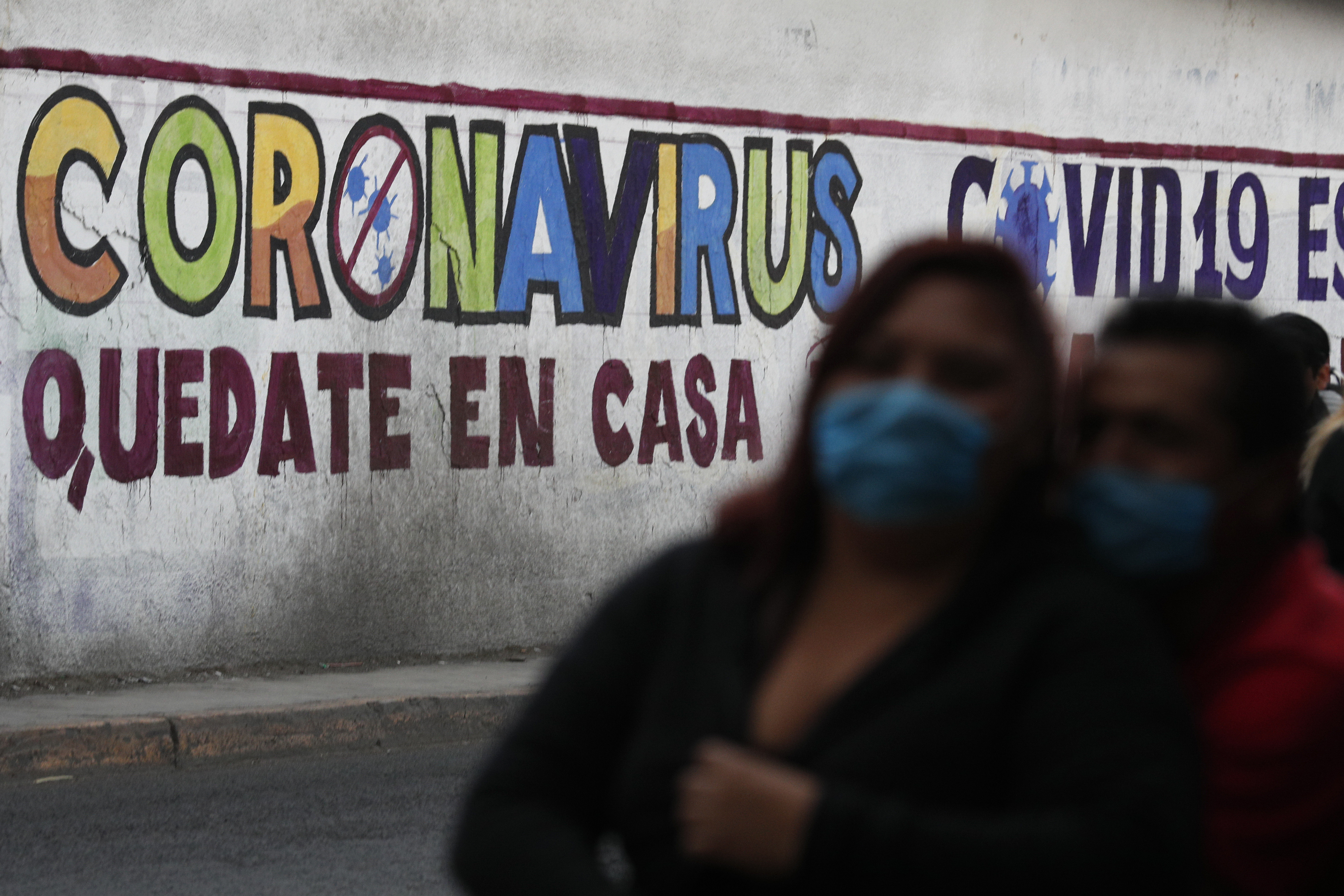Last month Alejandro Chafuen, Acton’s Managing Director, International, published a piece on Forbes.com detailing Latin America’s response to and preparedness for COVID-19. He recently followed up with a new post that brings his analysis up to date and highlights the situation’s relationship to the rest of the Americas. The leaders of Brazil and Mexico remain targets of criticism, and it remains to be seen what effect, if any, changing seasons will have on the virus’s spread.
The coronavirus has so far caused less havoc in Latin America than in Europe and the United States. But even if summer leads to a recession of the virus in the Northern Hemisphere, if Latin American countries can’t stop the coronavirus it will be almost impossible for travel between North and South America to go back to normal. The greatest uncertainty in North America is what will happen in Mexico.
Heat is not the only factor affecting the spread of coronavirus, but there is hope that warm and humid conditions are less favorable to it. Citizens from other countries in the Southern Hemisphere will face a similar problem, but travel between North America and Latin America is much more frequent than travel between North America and Africa, Australia or New Zealand. New restrictions on travel in the Americas will likely remain in place.
So far Latin America appears to be faring better than the United States: in the region as a whole, the number of confirmed cases is only 15% that of the U.S., and the number of deaths only 12%. The death rate is slightly lower than in the U.S.: 4.9% versus 5.4%. New York City alone has more confirmed cases than all of Latin America combined, and almost twice the number of deaths.
But these figures I have highlighted, which are conveniently compiled by Worldometers, may not tell the whole story. The data presented by Worldometers also show that Latin America is far behind in testing. The United States has performed ten times as many tests per million people as Brazil, and thirty times as many as Mexico. Many infections, especially those with no symptoms, will likely remain undetected for months.

